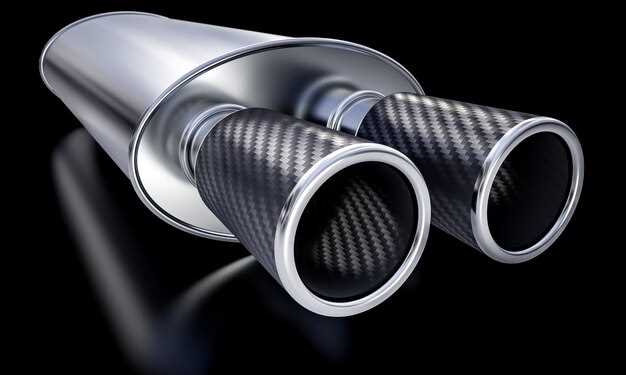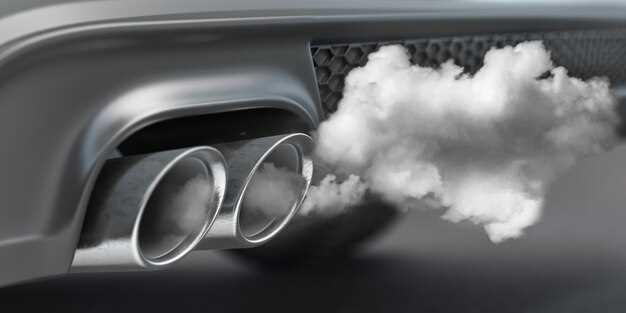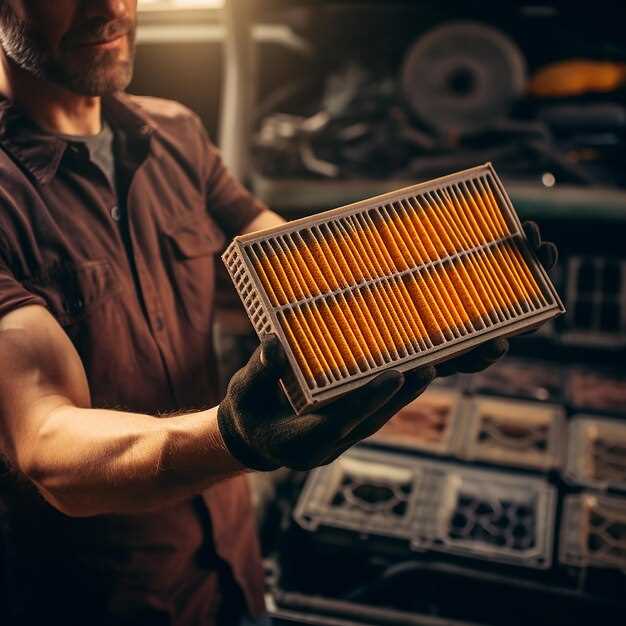
When it comes to optimizing the performance of a Porsche, one of the most debated topics among enthusiasts is the choice of air filters. The air intake system plays a crucial role in engine efficiency, and selecting the right filter can significantly impact horsepower and torque. This article delves into the differences between performance air filters and stock filters, providing insights to help you make an informed decision.
Stock Porsche filters are designed to meet the manufacturer’s specifications, ensuring that air is adequately filtered while maintaining compliance with regulations. These filters often use paper or foam materials that offer reliable filtration but may restrict airflow under high-performance conditions. However, performance air filters promise enhanced airflow, which can lead to improved engine responsiveness and power gains.
In this comparison, we will explore the benefits and drawbacks of both types of filters, examining factors such as filtration efficiency, airflow capacity, and long-term maintenance. By understanding how intake filters impact engine performance, Porsche owners can choose the best option to enhance their driving experience.
Impact on Engine Performance and Efficiency
Performance air filters are designed to enhance the intake of air into the engine compared to stock Porsche filters. By providing a less restrictive flow path, these filters allow for greater volumes of air to enter the combustion chamber. This increased air intake enables a more efficient fuel-air mixture, which can lead to improved combustion efficiency and, consequently, enhanced engine performance.
Stock Porsche filters prioritize filtration over airflow, often incorporating density to trap more contaminants. While this is essential for engine longevity, it may restrict airflow, negatively impacting performance, particularly in high-demand situations, such as accelerating from a stop or when the vehicle is under load. In contrast, performance filters, constructed from high-flow materials, achieve a balance between filtration and airflow, ensuring an optimal intake process.
Moreover, the design of performance air filters often includes features such as larger surface areas or pleated structures that facilitate better airflow dynamics. This improvement can translate to increased horsepower and torque across the engine’s RPM range, giving enthusiasts and drivers a noticeable boost in responsiveness and acceleration. Enhanced airflow efficiency may also contribute to better throttle response, which is crucial for spirited driving experiences.
In terms of efficiency, performance air filters can lead to gains in fuel economy when driving under normal conditions. The improved intake allows the engine to operate more effectively, optimizing the fuel burn process. However, it is essential to note that the degree of efficiency improvement can vary based on driving habits and conditions.
Overall, switching from stock Porsche filters to performance air filters can significantly impact engine performance and efficiency. The benefits of enhanced intake and improved airflow dynamics make a compelling case for those looking to maximize their vehicle’s potential while maintaining engine health.
Installation Process and Maintenance Differences

When upgrading to performance air filters from stock Porsche filters, the installation process can vary significantly. Performance filters are often designed for easy replacement, allowing enthusiasts to enhance their vehicle’s intake system with minimal effort. These filters typically come with clear instructions and may require basic tools for installation, which can often be completed in under an hour.
In contrast, stock filters may sometimes require more steps due to their integration with additional components or the specific design of the intake system. Depending on the model, accessing the airbox can be challenging, and it may entail removing certain engine covers or components to reach the filter securely.
Maintenance differences are also notable. Performance air filters generally offer higher filtration efficiency and are often washable and reusable. This means that owners can clean and re-oil these filters periodically, reducing long-term costs and waste. Cleaning intervals may vary based on driving conditions, but many manufacturers recommend inspections every 10,000 to 15,000 miles.
In contrast, stock air filters typically require replacement at regular service intervals, often every 15,000 to 30,000 miles, depending on driving conditions and vehicle use. The replacement can be straightforward, yet it entails purchasing new filters regularly, adding to the overall maintenance budget.
Ultimately, while the initial installation of performance air filters might be slightly more intricate in some cases, their long-term maintenance advantages can enhance performance and reduce costs over time. Ensuring proper care and cleanliness of the intake system plays a crucial role in the effectiveness and lifespan of either type of filter.
Cost Analysis: Long-Term Benefits vs Initial Investment

When considering the purchase of performance air filters versus stock Porsche filters, an important aspect to examine is the cost analysis, focusing on the long-term benefits in relation to the initial investment. Performance air filters often come with a higher upfront cost but are designed to provide significant advantages over time.
Initial investments for performance air filters can range from 50% to 100% more than stock filters, depending on the brand and specific features. However, the benefits they offer may outweigh these costs significantly. For instance, performance filters are engineered to enhance air flow, which can lead to improved engine efficiency and increased horsepower. This means that while you may spend more initially, you could see savings in fuel costs and maintenance over the years.
Another factor to consider is the replacement frequency. Stock filters usually require replacement at regular intervals, which can accumulate costs over time. In contrast, many performance air filters are reusable and can last the lifetime of the vehicle with proper cleaning and maintenance. This can translate to substantial savings in replacement costs over the long term.
Additionally, improved air filtration from performance filters can lead to prolonged engine life by reducing the amount of dirt and debris that enters the engine. This can minimize the need for costly repairs and maintenance, ultimately providing a financial advantage in the long run.
In conclusion, while the initial investment in performance air filters is higher, the potential long-term benefits such as increased efficiency, reduced fuel costs, lower maintenance expenses, and extended engine life make them a wise financial choice for Porsche enthusiasts who are looking for both performance and value.
 Skip to content
Skip to content





